Health
-

6 keys to a long, healthy life (ice cream included)
Also, why reading Ben Franklin beats climbing Mount Everest
-

Six cancers rising faster in younger adults than older ones
Large new global study fuels growing concern over trend of increases in several types

-

What’s next for GLP-1s?
Scientists eye new treatment targets for popular weight-loss drugs, from heart failure to addiction
-

Pricey blockbuster GLP-1s are costing users — and most of the rest of us, too
Health insurers are passing along cost for coverage in form of higher rates across the board, policy researcher says
-

Drinking 2-3 cups of coffee a day tied to lower dementia risk
Caffeinated tea also found to slow cognitive decline in study

-

New AI tool predicts brain age, dementia risk, cancer survival
Unlike other AI models, BrainIAC needs limited data to ID key neurological health indicators

-
Mapping the road to obesity
Unlike previous investigations, which examined fat cells at a single static time point, this new study mapped several histone modifications throughout the course of fat cell development. With these new findings researchers now have a better understanding of normal fat cell development, and going forward, they can compare normal fat cells with fat cells in disease states.
-
Progress on obesity
Researchers have identified 18 gene sites associated with obesity and 13 associated with body fat distribution, helping to unravel the riddle of obesity.
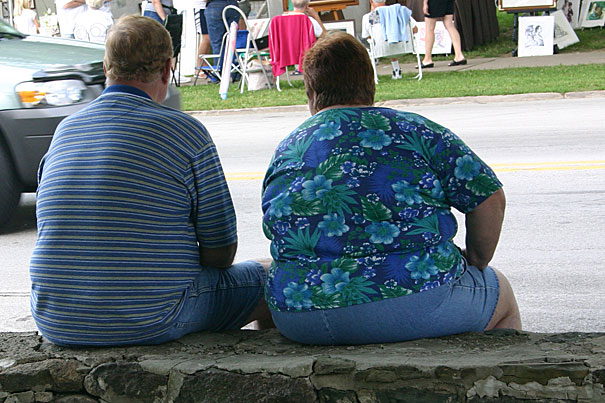
-
A new target for Parkinson’s therapy
In a new finding from Harvard-affiliated Brigham and Women’s Hospital (BWH), researchers identify a link between Parkinson’s disease onset and dysfunctional activity of energy genes in the brain and identify a potential therapeutic target to reverse this energy gene failure.
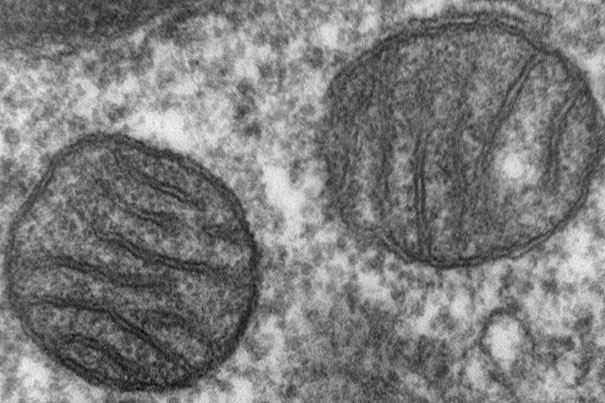
-
Figuring out suicidal behavior
Matthew Nock is a new professor of psychology at Harvard who uses scientific research to try to determine which medical treatments help to prevent suicide.
-
Hunting the missing health link
Researchers at Brigham and Women’s Hospital are launching a study of 100,000 patients to determine the link among genetics, lifestyle, and environmental factors in causing disease.
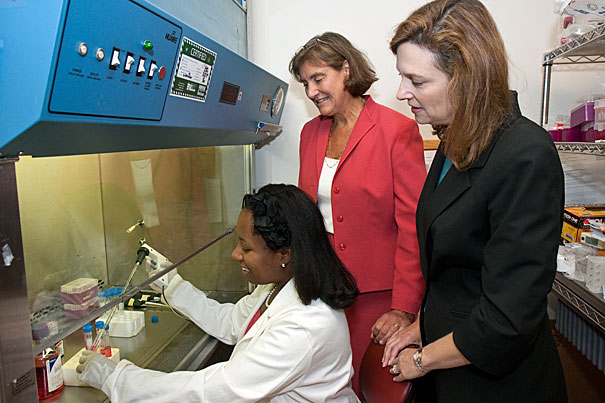
-
Not just child’s play
Researchers at Harvard-affiliated Children’s Hospital Boston and UMass studied energy expenditure and enjoyment in schoolyard play, finding a menu of games to address childhood obesity.
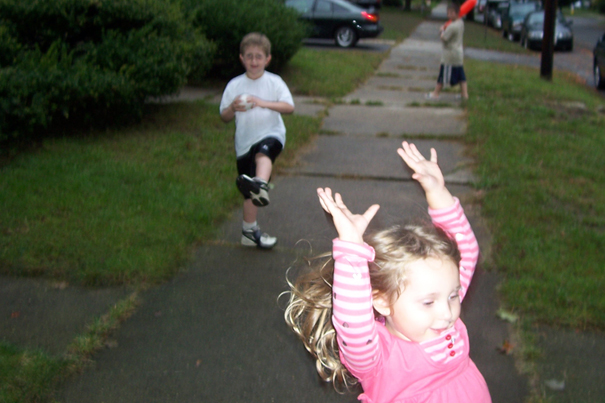
-
Breakthrough in cell reprogramming
A group of Harvard Stem Cell Institute researchers has made such a significant leap forward in reprogramming human adult cells that HSCI co-director Douglas Melton said the institute will immediately begin using the new method to make patient- and disease-specific induced pluripotent stem cells, known as iPS cells.
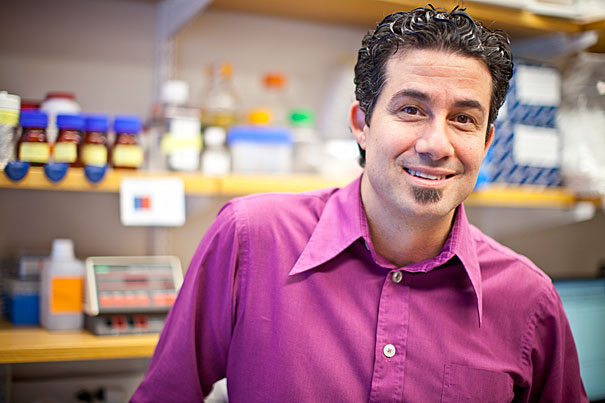
-
It all adds up
New mathematical modeling by scientists from Harvard and other institutions reinforces the view of cancer as a complex culmination of many mutations.

-
Challenge of finding a cure
A large, multidisciplinary panel has recently selected 12 pioneering ideas for attacking type 1 diabetes, ideas selected through a crowdsourcing experiment called the “Challenge,” in which all members of the Harvard community, as well as members of the general public, were invited to answer the question: What do we not know to cure type 1 diabetes?
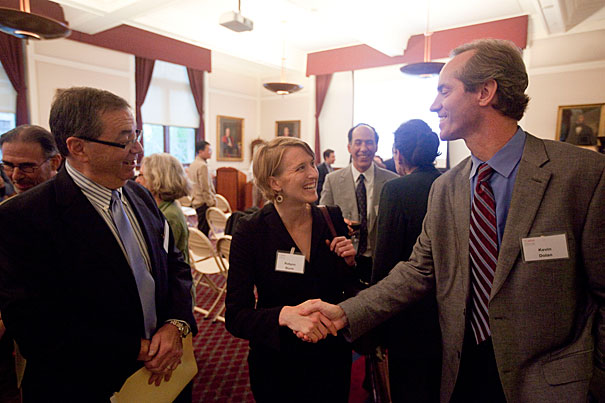
-
More from spores: How they spread
Researchers discover how fungi developed an aerodynamic way to reduce drag on their spores so as to spread them as high and as far as possible.
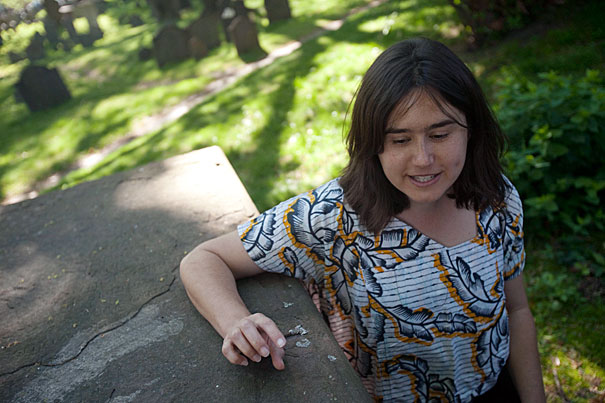
-
Poised for progress
A discovery by scientists at Harvard-affiliated Dana-Farber Cancer Institute may lead to an effective way of operating the immune system’s internal “control panel,” improving therapies for a variety of diseases.

-
Health reform alone may not increase access to physicians or reduce healthcare inequality gaps
In a new study, Harvard researchers looked at the effects of the 2006 Massachusetts Health Reform and found that the legislation has led to improvements in insurance coverage as well…
-
Horns aplenty
A new exhibit at the Harvard Museum of Natural History highlights the enormous diversity of antlers and horns and examines how they came into being and what they’re used for.
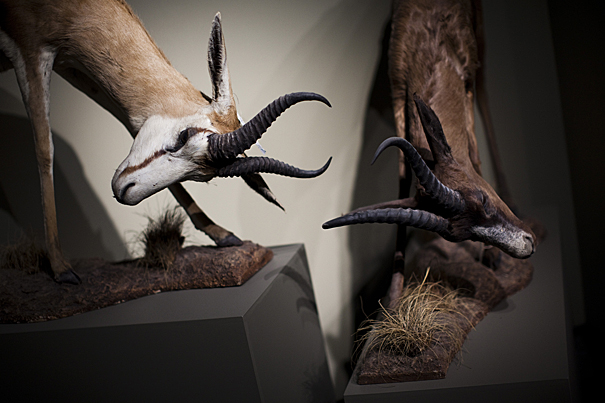
-
I’ll get mine, Jack
A new paper suggests that the mutually beneficial relationships that species create are maintained mostly because of simple self-interest.
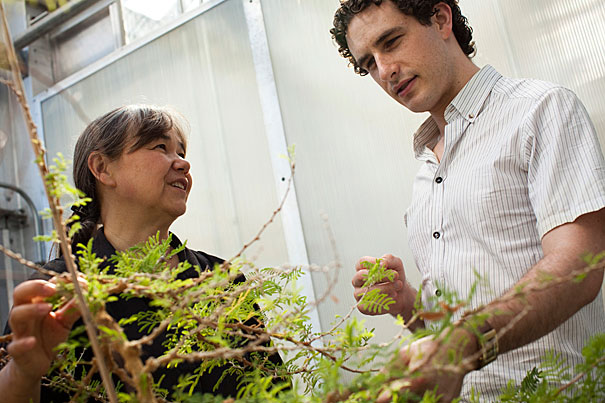
-
The ties that bind
Harvard scientists say natural selection alone can explain “eusociality,” the cooperative social structure in many of Earth’s dominant species.
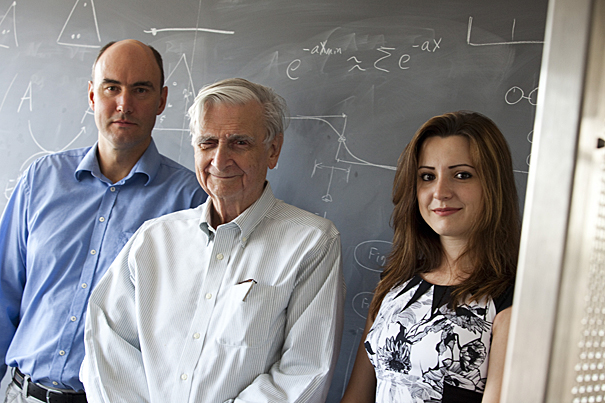
-
What’s right for me?
In a new study, Harvard scientists find that humans can make difficult moral decisions using the same brain circuits as those used on more mundane choices such as money or food.
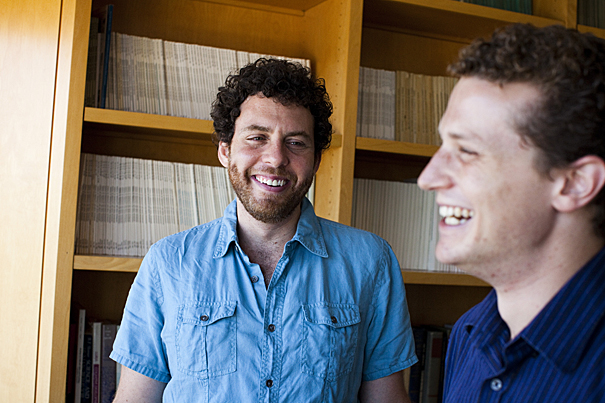
-
Health leaders push for better cancer care in developing countries
Once thought to be a problem primarily in the developed world, cancer is now a leading cause of death and disability in poorer countries. Almost two-thirds of the 7.6 million cancer deaths in the world occur in low- and middle-income countries.
-
Hard on the ears
Researchers at Harvard-affiliated Brigham and Women’s Hospital have determined that hearing loss in adolescents has increased over the past 15 years.

-
Early action cuts claims, costs
Researchers at Brigham and Women’s Hospital (BWH) and the University of Michigan analyzed a program of full disclosure and compensation for medical errors and found a decrease in new claims for compensation (including lawsuits) and liability costs.

-
A man of endless curiosity
Emre Basar seeks to understand how small interfering RNA (siRNA) can be harnessed and integrated into cells with the goal of silencing the expression of certain proteins that allow diseases like breast cancer and HIV to proliferate inside the body.
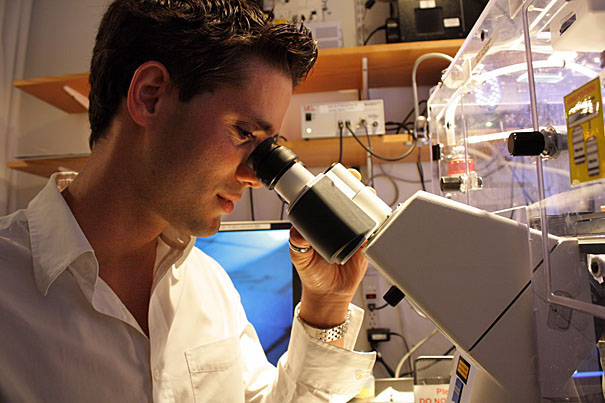
-
Love life
A new Harvard study shows that ratios between males and females affect human longevity.
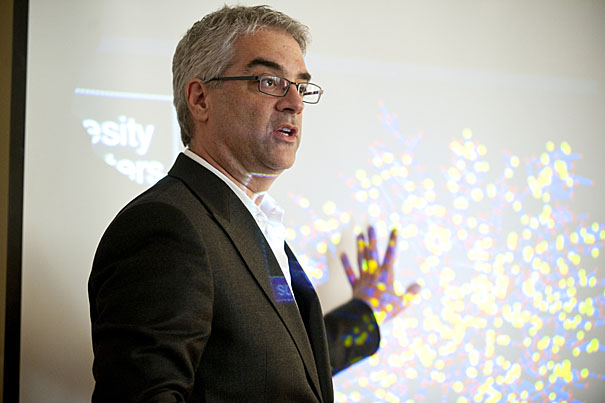
-
Excess maternal weight gain increases birth weight, study finds
Expectant mothers who gain large amounts of weight tend to give birth to heavier infants who are at higher risk for obesity later in life. But it’s never been proven that this tendency results from the weight gain itself, rather than genetic or other factors that mother and baby share.
-
Insights on healthy aging
New research from Harvard scientists shows that exercise and caloric restriction rejuvenate synapses in laboratory mice, illuminating a reason for the beneficial effects of these regimens on aging.

-
Exercise, calorie restrictions can rejuvenate older synapses
Harvard researchers have uncovered a mechanism in mice through which caloric restriction and exercise delay some of the debilitating effects of aging by rejuvenating the connections between nerves and the muscles that they control.
-
Vaccine vacuum
Small increases in vaccine costs can cause large gaps in protection, study finds. Also, vaccine “scares” may do more harm than previously believed to a population’s “herd immunity.”
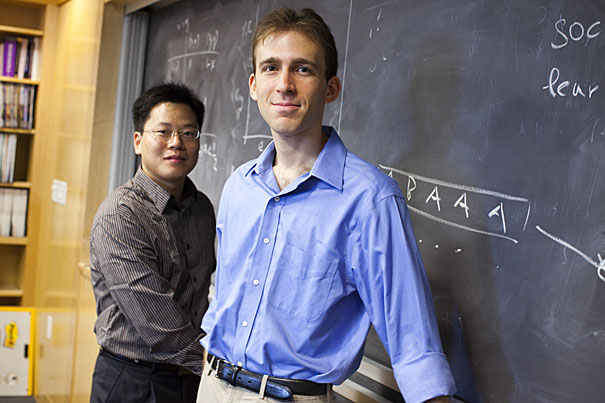
-
Warnings of suicidal intent
Two powerful new tests developed by Harvard psychologists show great promise in predicting patients’ risk of attempting suicide, researchers say. These tests may help clinicians to overcome their reliance on…
-
Scadden, Zon win Hematology Society awards
Two Harvard professors will receive awards from the American Society of Hematology for their “significant contributions to the understanding and treatment of hematologic diseases.” David Scadden, who is co-director of the…
-
Medical School revises conflict of interest policy
Harvard Medical School (HMS) released a series of revisions to its conflict of interest (COI) policy today that strengthens its commitment to transparency and financial disclosure while recognizing the School’s commitment…
-
Constant temps key to biodiversity
New paper answers the long-standing scientific question about cause of tropics’ stunning biodiversity.
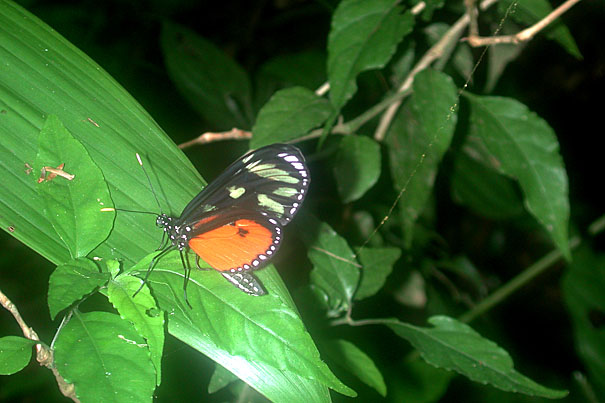
-
Two HSCI groups find residual genetic ‘memory’ in iPS cells;
Two groups of Harvard Stem Cell Institute researchers have independently made similar discoveries about the characteristics of induced pluripotent stem cells (iPSCs), but they have reached somewhat different conclusions about the implications…

